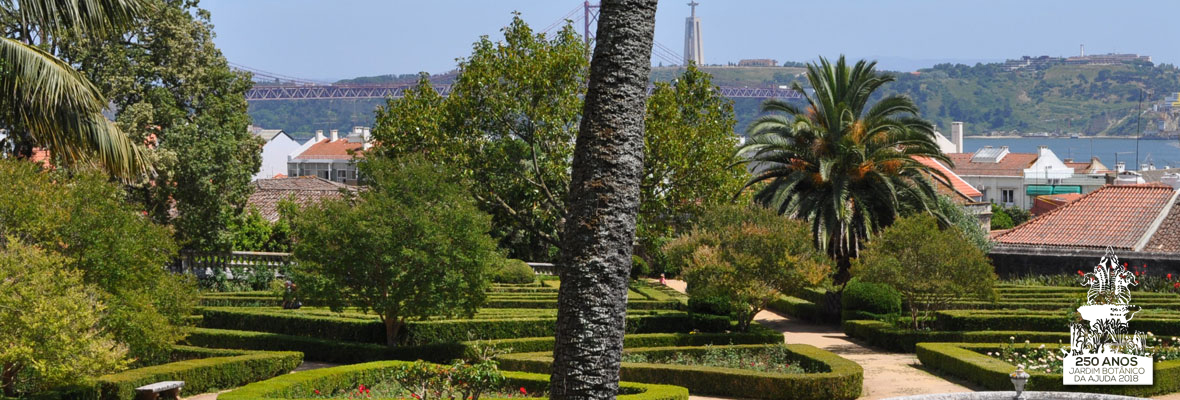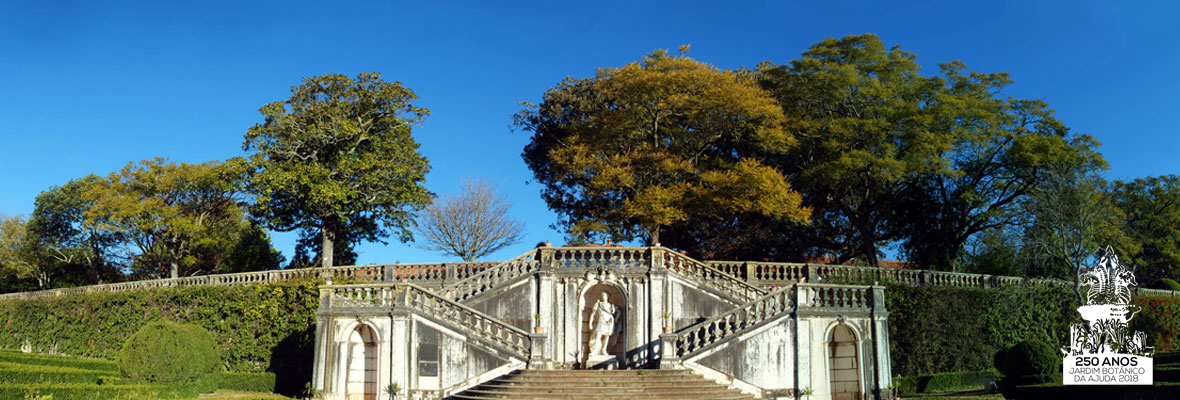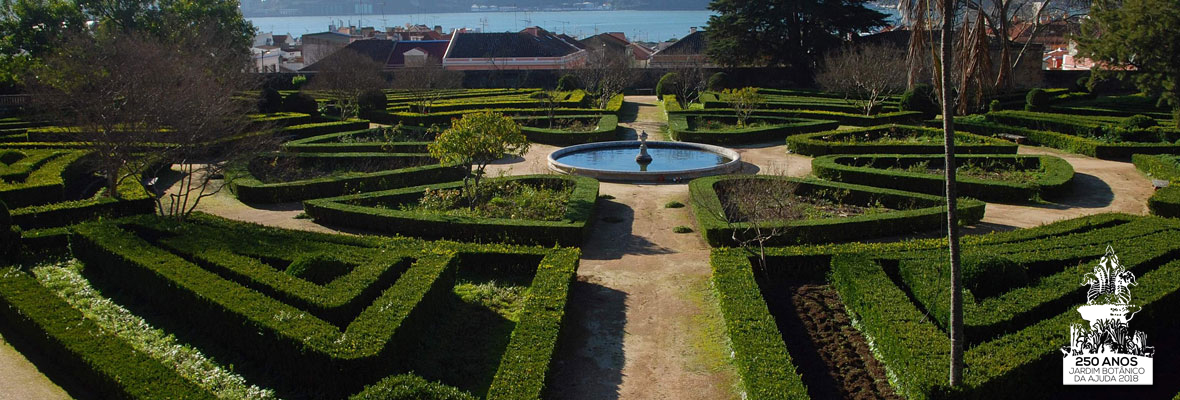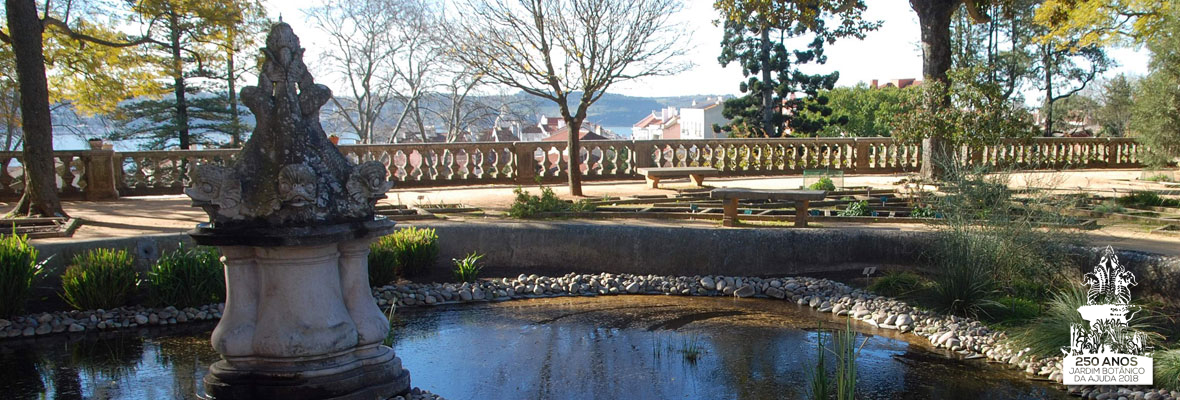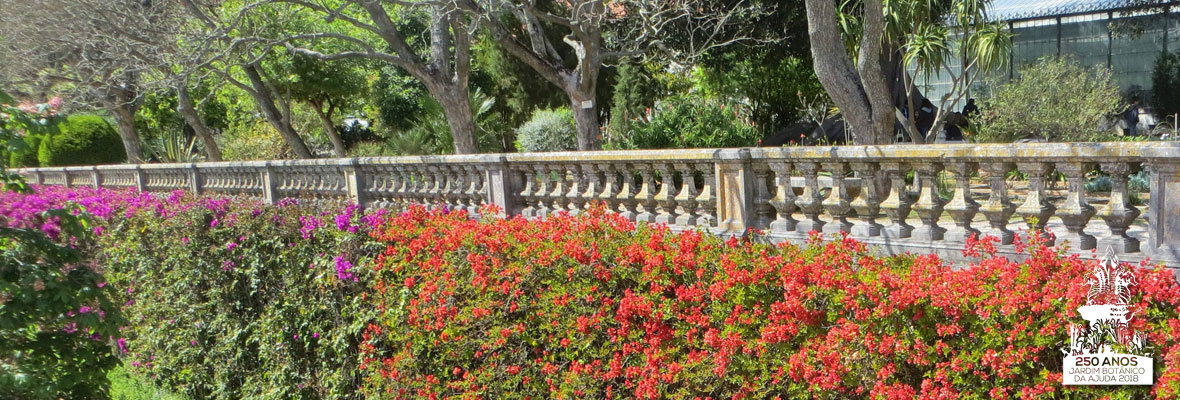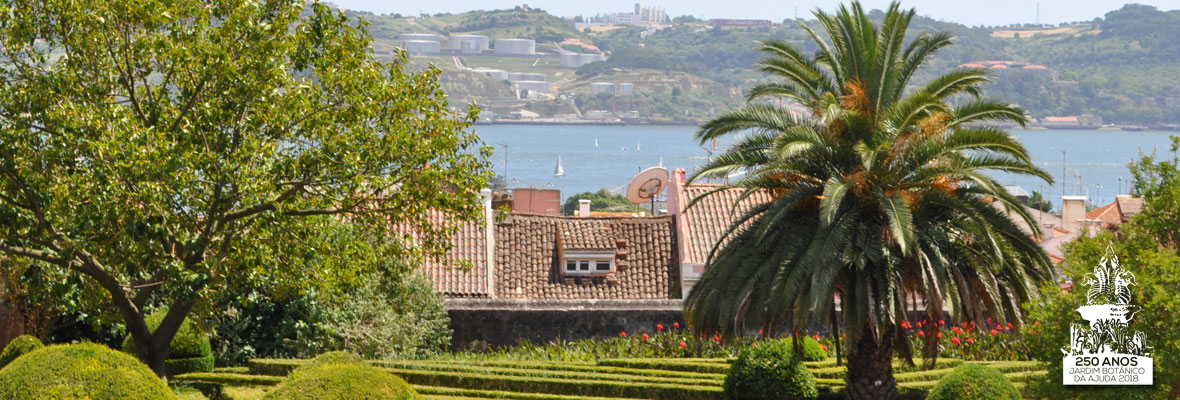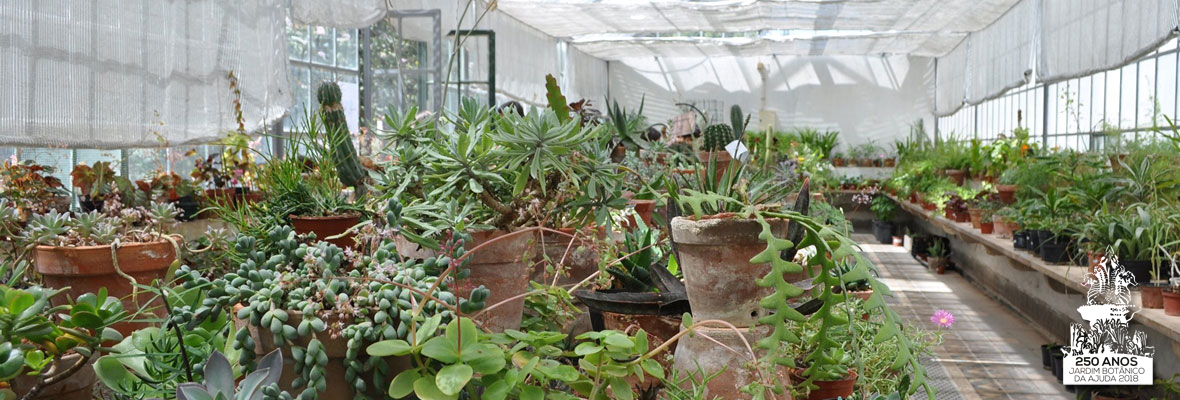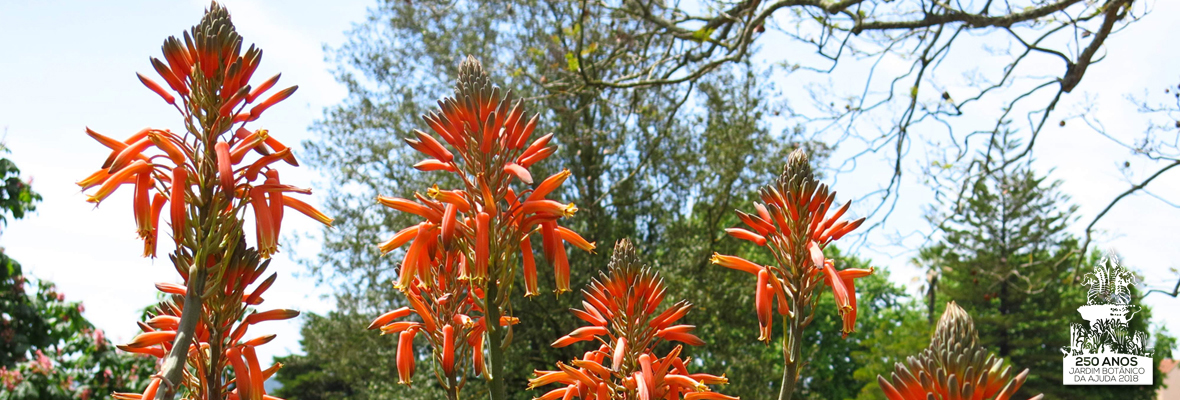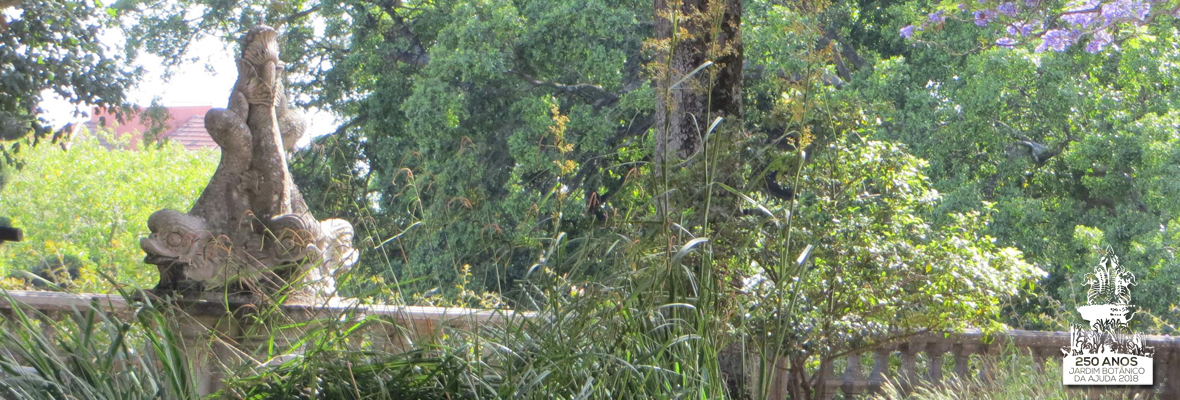GENERAL INFORMATIONS
PORTUGAL
With its mild climate, 3000 hours of sunshine per year, and 850 kms of splendid beaches bathed by the Atlantic Ocean, Portugal is the perfect holiday destination all year round.
This is a country that has the oldest borders in Europe, with an exceptional range of different landscapes, just a short distance away, lots of leisure activities and a unique cultural heritage, where tradition and modernity blend together in perfect harmony. Its superb cuisine, fine wines and hospitable people make this a tourist paradise of the highest quality.
Situated in the extreme south-west of Europe, just a few hours from any of the other European capitals, Portugal attracts visitors from all over the world.
CLIMATE
The climate in Portugal varies considerably from one region to another and is influenced by the relief, latitude and proximity to the sea, which offers mild winters, especially in the Algarve.
In the Porto e Norte area and Beiras region, particularly inland, nearer Spain, the winters are colder, although the temperatures are still mild when compared to the rest of Europe. There is some snowfall. It occurs most in the Serra da Estrela mountains, where we find the highest point in mainland Portugal (1,991 m) and where it is sometimes possible to ski.
The summers are hot and dry, especially in the inland areas (Trás-os-Montes in north-eastern Portugal and Alentejo). Temperatures are slightly lower in the coastal areas, because of the influence of the sea.
There are often warm, sunny days in autumn. Nice weather at the beginning of November is often called “St. Martin’s Summer” as this saint’s day is on 11 November.
HOW TO GET TO PORTUGAL – Transports
Air
Portugal’s excellent geographical position makes it a stopover point for many foreign airlines at airports all over the country:
Lisbon – Portela Airport – Phone: +351 218 413 500
Oporto – Dr. Francisco Sá Carneiro Airport – Phone: +351 229 432 400
Faro – Faro Airport – Phone: +351 289 800 800
ANA – Aeroportos de Portugal, SA is the Portuguese airport authority and provides departure and arrival information on www.ana.pt
There are several Portuguese airlines offering regular domestic and international flights.
TAP – Air Portugal (www.tap.pt) is the country’s “flagship” airline and has scheduled flights to more than 50 international destinations and domestic flights between Lisbon, Oporto, Faro, Madeira and the Azores, and also between Madeira and Porto Santo.
SATA (www.sata.pt) has regular flights between all the islands of the Azores and from the Azores to Madeira and mainland Portugal. SATA also offers regular flights to a number of international destinations.
Rail
CP – Comboios de Portugal (www.cp.pt), the Portuguese railway company, offers a vast rail network covering the whole of mainland Portugal and also offers international train services to Vigo, Madrid and Paris.
There are a number of options to meet your needs:
- The top-of-the-range “Alfa Pendular” trains offer the fastest and most comfortable rail link between Lisbon and the Algarve and, in the north, Oporto or Braga, with stops in Coimbra.
- The “Intercidades” or Intercity service covers the Lisbon-Oporto-Guimarães, Lisbon-Guarda, Lisbon-Covilhã, Lisbon-Évora-Beja and Lisbon-Faro routes.
- The international Sud-Express train and Lusitânia hotel-train leave from Lisbon.
- There is a vast network of regional, inter-regional and suburban trains covering the whole of the country.
Road
Portugal has a good road network composed of Motorways (AE), Main Trunk Routes (IP), Complementary Trunk Routes (IC), Main (National) Roads (EN) and Secondary (Municipal) Roads.
There are two types of motorways:
- The traditional motorways with toll booths, where payment is made either in cash or by bank card. These motorways also have a Via Verde (green channel), which is an electronic toll system that allows drivers to make the payment by bank debit and is intended for use solely by those who have an electronic device identifying their vehicle, which they have previously acquired at one of the respective sales outlets (www.viaverde.pt)
- And motorways that have an exclusively electronic toll system, where tolls are collected by exclusively electronic means. As vehicles pass through the toll gates, they are picked up by electronic detectors placed at the entry to the channels, which are identified with the words “Electronic toll only”. For information about the roads covered by this system and the respective forms of payment, consult www.tollcard.pt.
Coaches
There are regular coach services between Portugal’s main towns and cities. For details of routes, timetables and fares visit www.rede-expressos.pt the website of Rede Nacional de Expressos (only in Portuguese).
TAXIS
Taxis are usually cream in colour, although there are still some painted black with a green roof in the traditional Portuguese style.
The fare is shown on the taximeter. The prices are affixed inside the car or you can ask the driver about them.
If you phone for a taxi you have to pay an extra 0.80 euros. There is a charge of 1.60 euros for luggage, regardless of weight or the number of pieces.
Carry cots, pushchairs, wheelchairs and walking aids are carried free of charge.
Outside towns, taxis charge by the kilometre and the driver and passenger agree on the fare in advance. Where they exist, the passenger has to pay the road tolls there and back.
SHOPPING HOURS
Traditionally, shops are open from Monday to Friday, from 9 or 10 a.m. to 7 p.m. Some close for lunch from 1 to 3 p.m. On Saturdays from January to November, shops generally close at 1 p.m. though in city centres some are open in the afternoon.
Shops tend to stay open on Saturday afternoons and sometimes even on Sundays in December for Christmas shopping.
There are plenty of shopping centres inside and outside the cities that are usually open from 10 a.m. to midnight every day of the week. They generally have stores with the main international brands.
However, traditional shops with Portuguese products can be found particularly in the streets of the older neighbourhoods of towns and cities.
SMOKING
Since 1 January 2008, smoking has been prohibited in enclosed public spaces in Portugal.
This ban extends to all government buildings, work places, public transport, healthcare establishments, laboratories and pharmacies, schools and other educational establishments, indoor sports facilities, museums, shops selling food and drink, indoor car parks, concert and theatre halls, libraries, hotels, and service stations.
Restaurants, bars and discotheques with a floor area of more than 100 m2 must clearly mark out areas where smoking is allowed, which must have adequate ventilation and may not amount to more than 30% of the total area.
The owners of restaurants, bars and discotheques with a floor area of less than 100 m2 can choose whether these are to be smoking or non-smoking areas, and must clearly display this information so that it is visible outside the building. These areas must have good ventilation.
CREDIT CARDS & CURRENCY
Portugal is one of 17 European Union countries whose common official currency is the euro.
ATMs – Automatic Teller Machines (Multibanco)
Portugal has a national network of cash machines (ATMs) identified by the symbol MB (Multibanco), from which you can withdraw cash 24 hours a day.
Currency Exchange
You can exchange money at banks, which are open from 8.30 a.m. to 3 p.m. five working days a week; at bureaux de change; and at automatic currency exchange machines (these are for currency sale transactions only).
Credit cards
In Portugal, the most commonly used credit cards are: Visa, American Express, Diners Club, Europay / MasterCard, JCB and Maestro.
If your Visa or MasterCard credit card is lost or stolen, contact the following telephone numbers for assistance:
American Express: +351 707 50 40 50 / +351 21 427 82 05
Mastercard: +351 800 811 272
Visa: +351 800 811 107
Tipping
Service is included in the bill in restaurants, though it is customary to leave an additional tip of about 5-10% of the total.
It is also normal to tip taxi drivers 5-10 % or rounding up the amount paid to the nearest euro.
PASSPORT & VISA INFORMATIONS
To enter Portugal, you may need a Passport and/or a Visa, depending on the country you live in. Citizens from the European Community don’t need a Visa for entering Portugal.
Passports must be valid for up to six months (depending on your nationality) and are required by all, except by European Union nationals and nationals of Iceland, Liechtenstein, Malta, Norway and Switzerland holding valid national ID cards. British, Australian, Canadian, American and Japanese need a valid passport.
Although it is not obligatory to have a return ticket, it is advisable to have one because, if you don’t, you may have to prove sufficient means of financial support to return.
LIABILITY
The organizers regret that they cannot accept liability for any personal accidents, loss of belongings or damage to private property of participants and accompanying persons that may occur during the Meeting. Participants are advised to make their own arrangements to obtain health, travel and property insurance before their departure.
INSURANCE
The Organizing Committee can not assume responsibility for injuries or losses occurring to persons or personal belongings during the Congress. Participants are therefore advised to travel with a valid insurance package.
